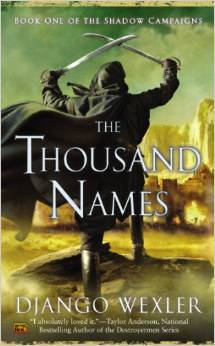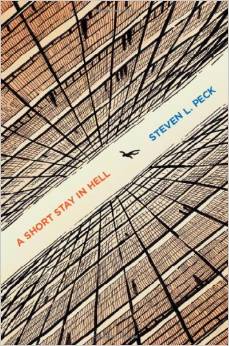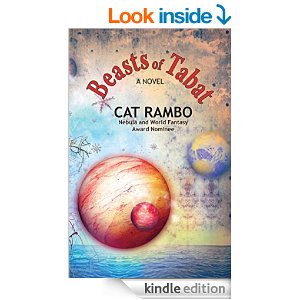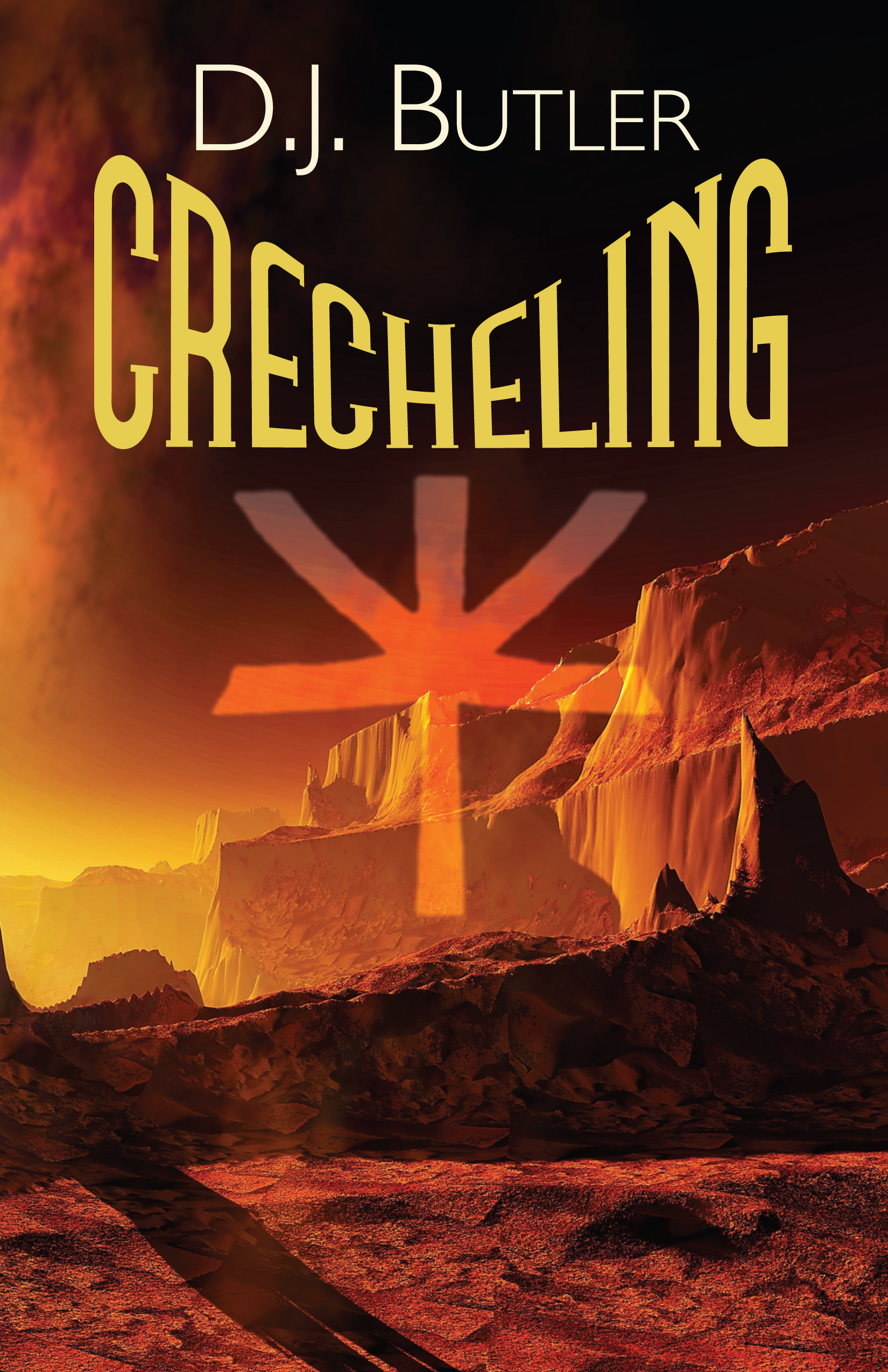 I recently read Lytton Strachey’s catty and interesting Eminent Victorians. During the fourth of his vignettes in particular, the biography of Chinese Gordon ending in Gordon’s ill-starred standoff with Her Majesty’s government and eventual martyrdom at the hands of the Mahdi. And one thing I thought as I read it was this would make a great fantasy novel.
I recently read Lytton Strachey’s catty and interesting Eminent Victorians. During the fourth of his vignettes in particular, the biography of Chinese Gordon ending in Gordon’s ill-starred standoff with Her Majesty’s government and eventual martyrdom at the hands of the Mahdi. And one thing I thought as I read it was this would make a great fantasy novel.
It turns out that Django Wexler has written that novel. The Thousand Names is a ‘flintlock’ or ‘black powder’ fantasy with all the feel of the early maneuvering in the Great Game. Captain Marcus d’Ivoire is stuck between destruction at the hand of the sorcerous desert rebels called the Redeemers and an overzealous new commanding officer at the head of an army of raw recruits. Winter Ihernglass would rather not have the rushed field promotion to sergeant, among other reasons because Winter is a woman in flight from a rough childhood and masquerading as a man. And Colonel Valhnich, outnumber six to one by the redemption, has an ace up his sleeve, if he can only get to it — magic.
I’m a sucker for flintlock fantasy myself (if you’re reading this and you’re an editor, I’ve got a great novel called Witchy Eye to pitch to you). Even if you’re not, The Thousand Names is a terrific read and a great launch to an exciting series.

 Follow
Follow











































